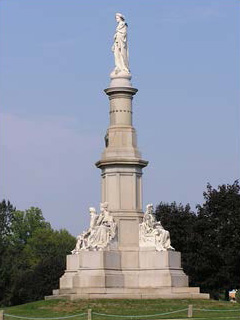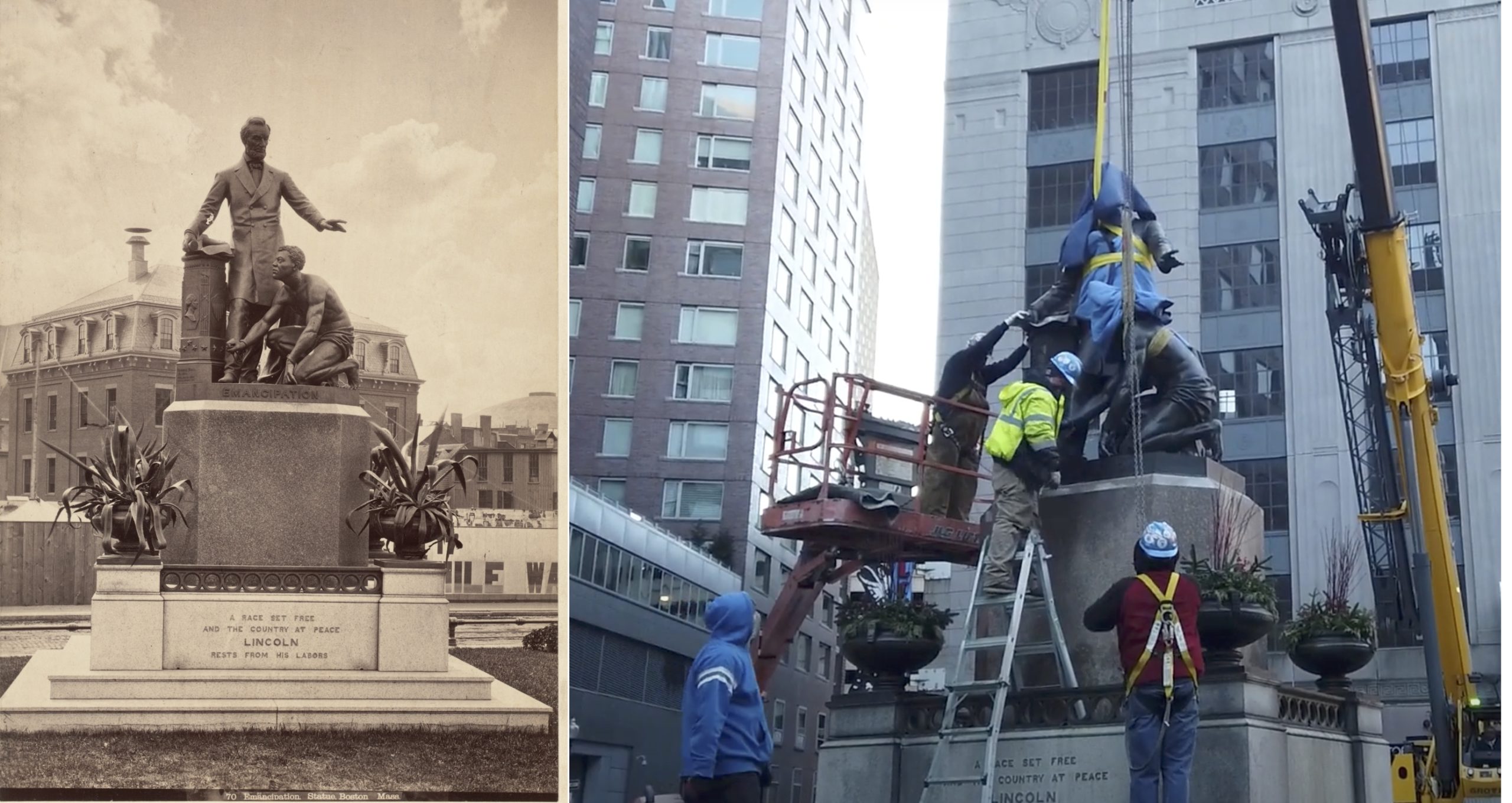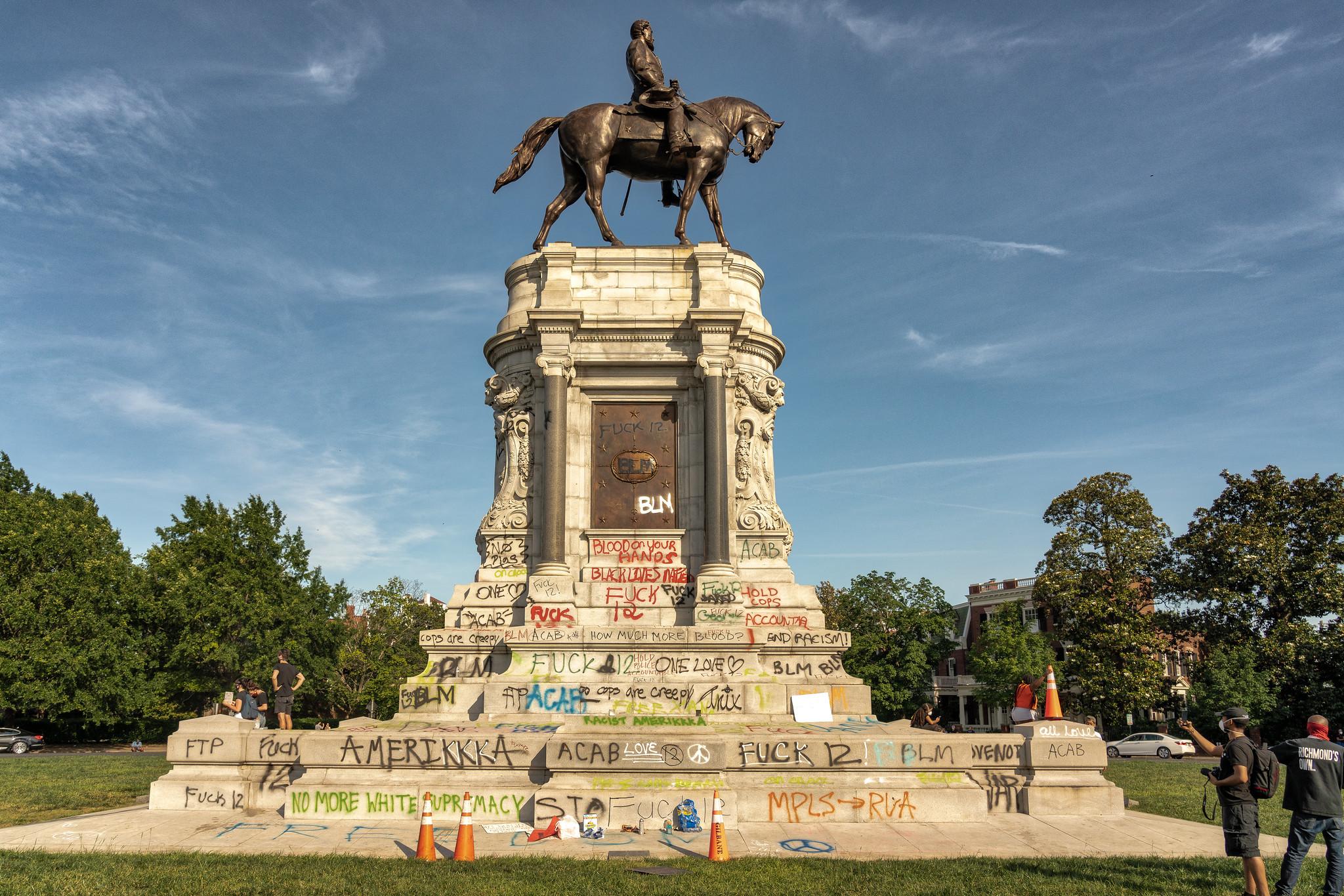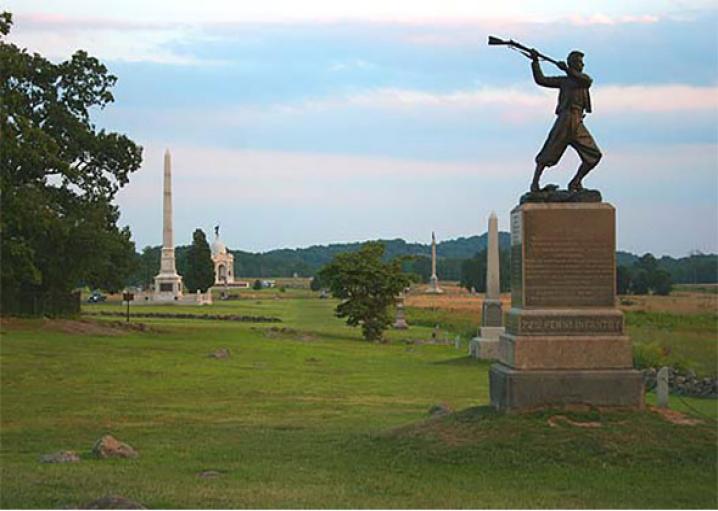Reference




OpenAI's Answer
There are numerous notable commemorations and monuments related to the Civil War across the United States, reflecting the historical significance and the diverse narratives of this period. Here are some significant examples:
-
Gettysburg National Military Park: One of the most famous battlefield sites, it features over 1,300 monuments, markers, and memorials, commemorating the pivotal Battle of Gettysburg (source: Battlefields.org).
-
Vicksburg National Military Park: Known for its extensive collection of monuments (138 in total), marking the site of the critical siege and battle (source: National Park Service).
-
African American Civil War Memorial: Located in Washington, D.C., this memorial honors the African American soldiers and sailors who fought for the Union (source: National Park Service).
-
Robert E. Lee Memorials: Multiple statues and monuments dedicated to the Confederate General, such as the controversial statue in Richmond, Virginia, highlight the complex legacy of the Civil War (source: Wikipedia).
-
The Confederate Memorial at Arlington National Cemetery: This monument represents the Confederacy's legacy and the contested aspects of how the Civil War is remembered in American culture (source: Arlington Cemetery).
Images of Significance:
- Soldiers' National Monument, Gettysburg

- Statue of Abraham Lincoln

- Richmond Confederate Monument

These monuments reflect the Civil War's impact on American history and the ongoing conversations about its legacy.
Follow Up
Related
What were some of the key battles and military strategies in the Civil War?
How did the Civil Code of 1966 differ from the Civil Code of 1867?
Who were some significant leaders in the civil rights movement?
Who were some influential political and military leaders during the Civil War?
What role did North Carolina play during the American Civil War?